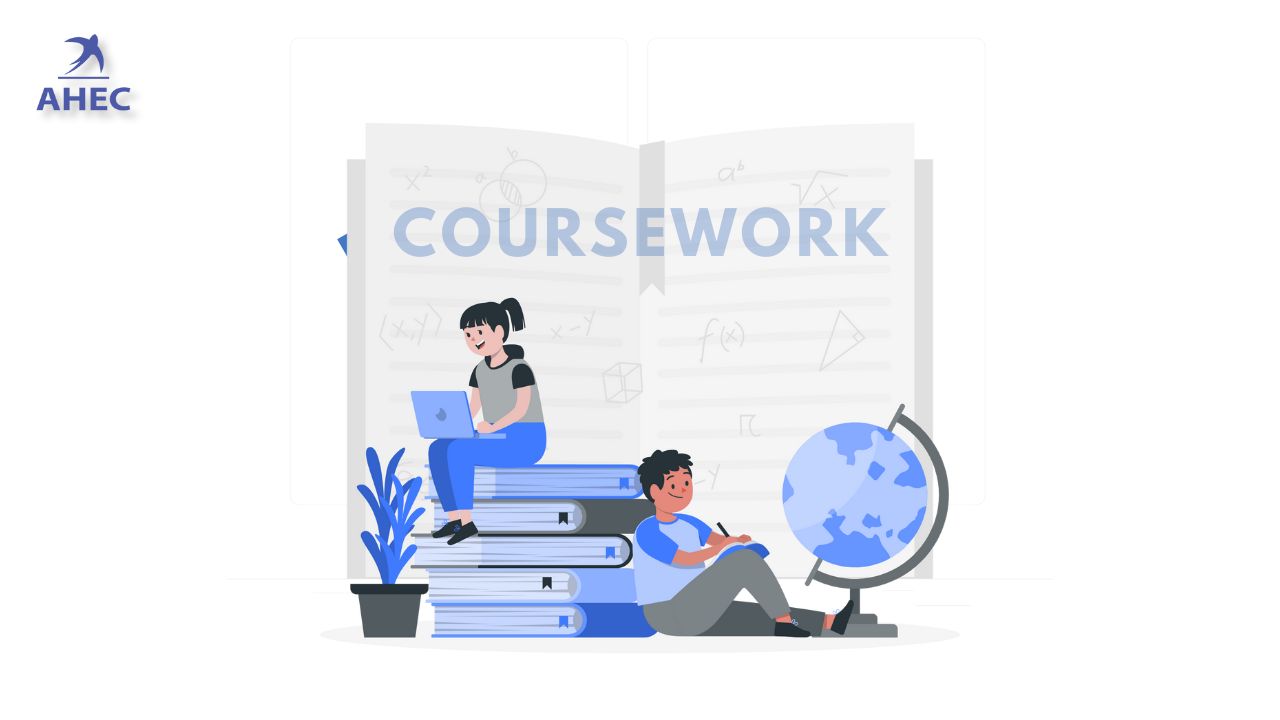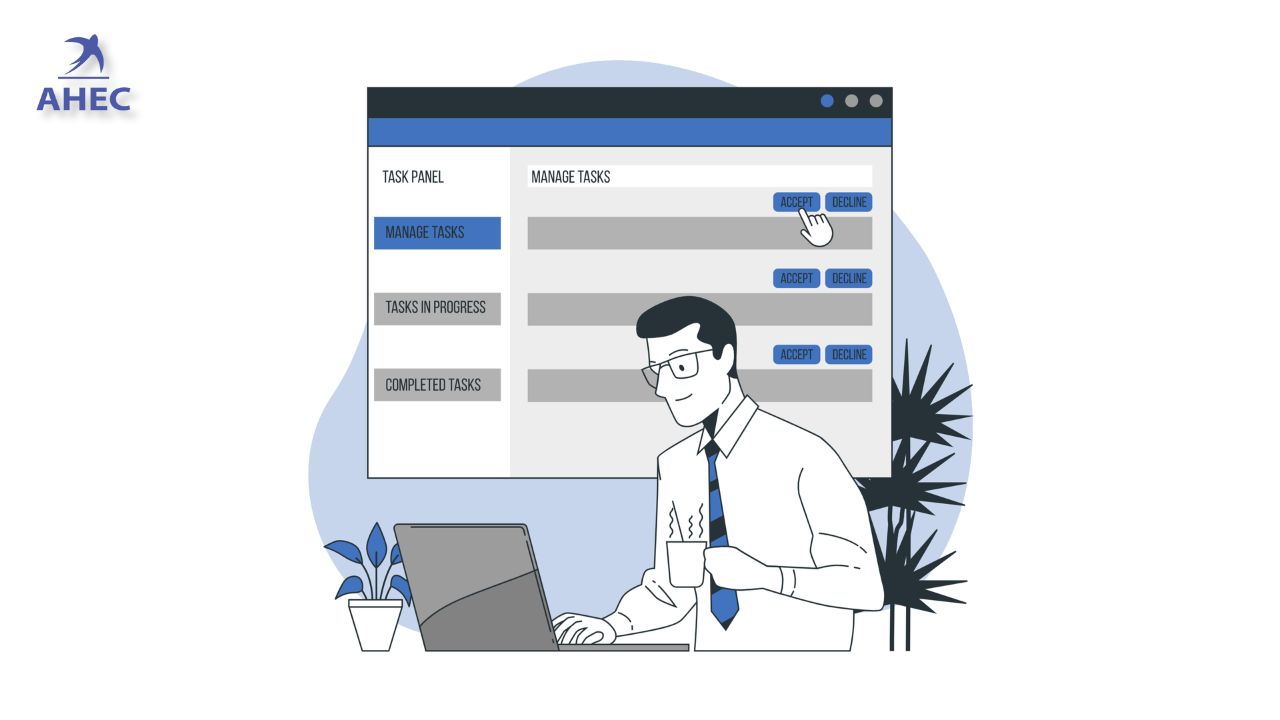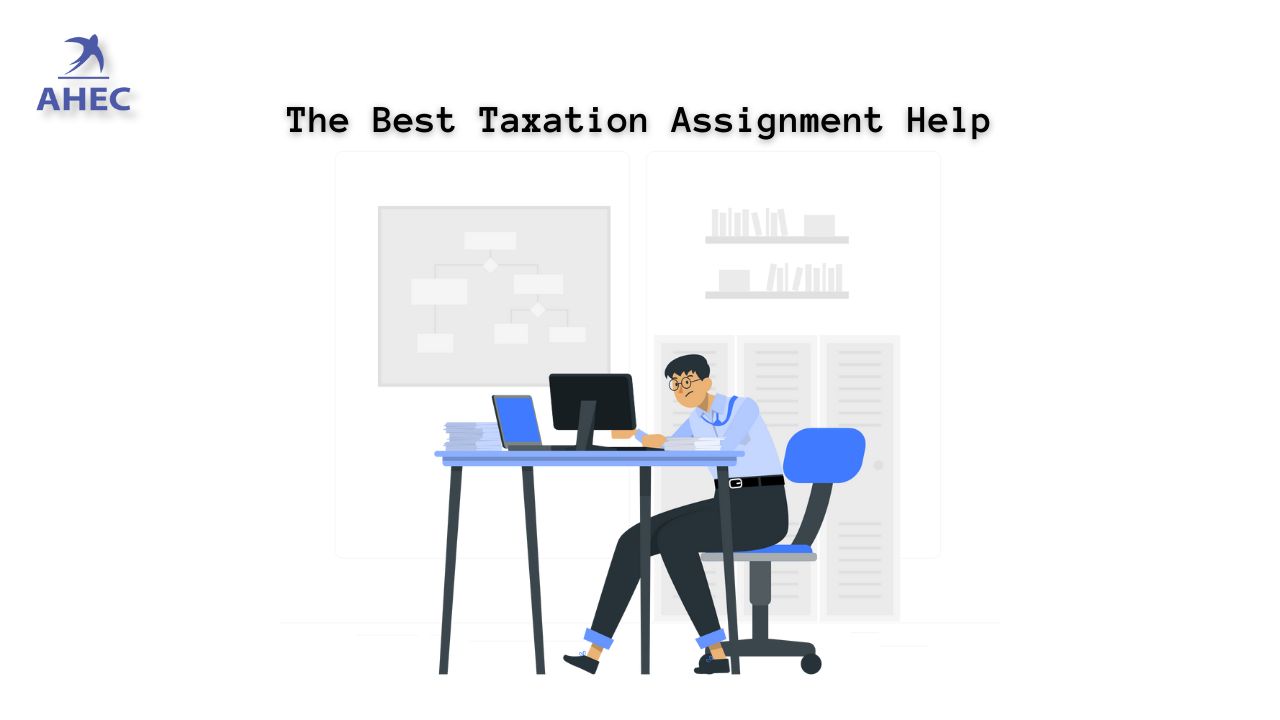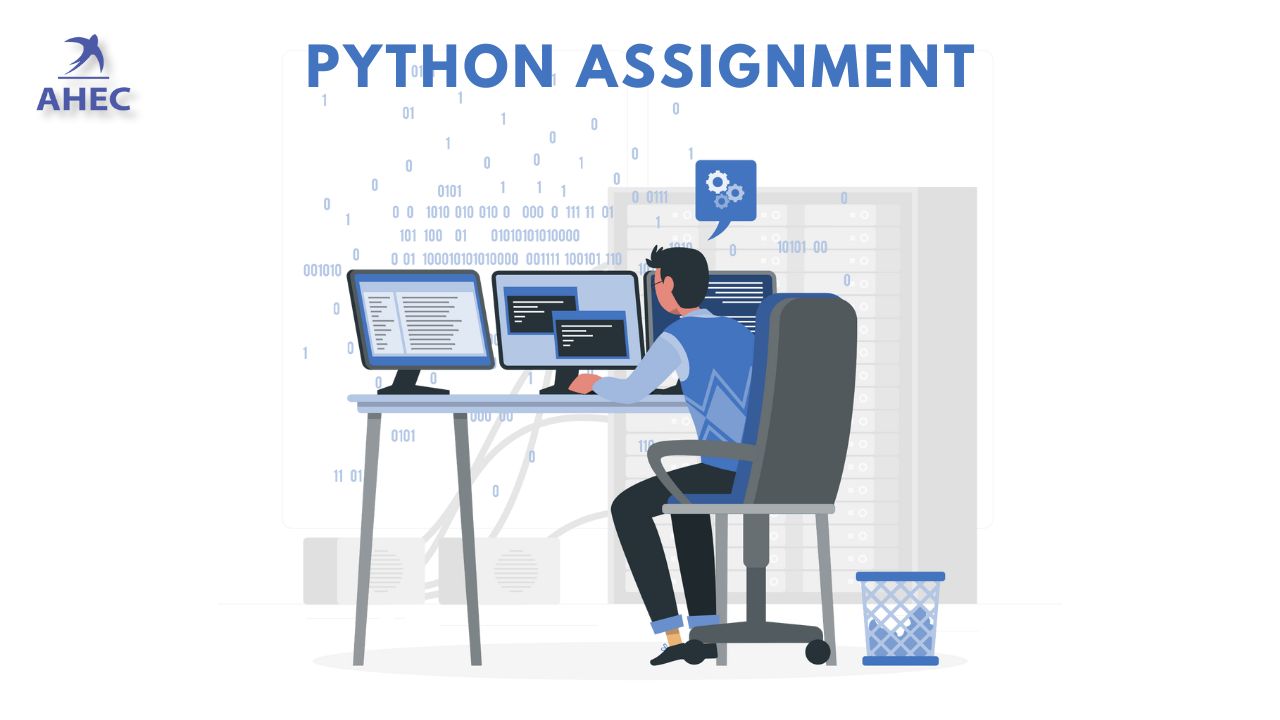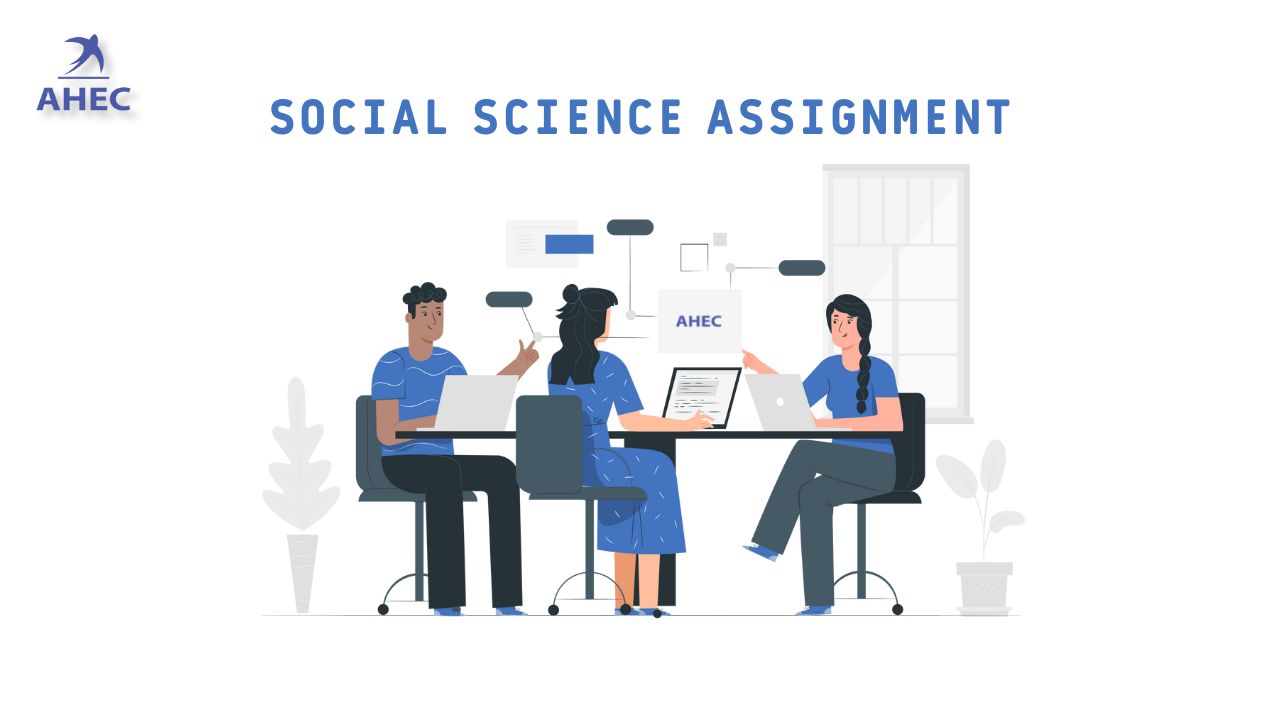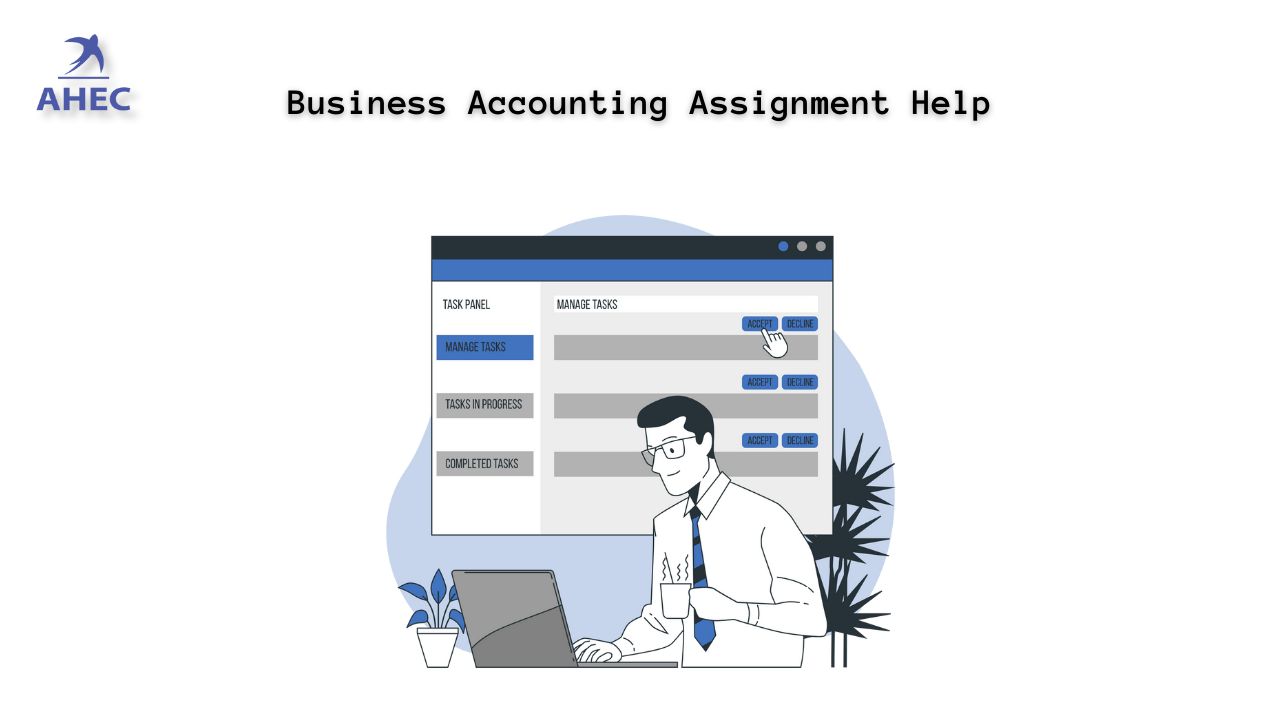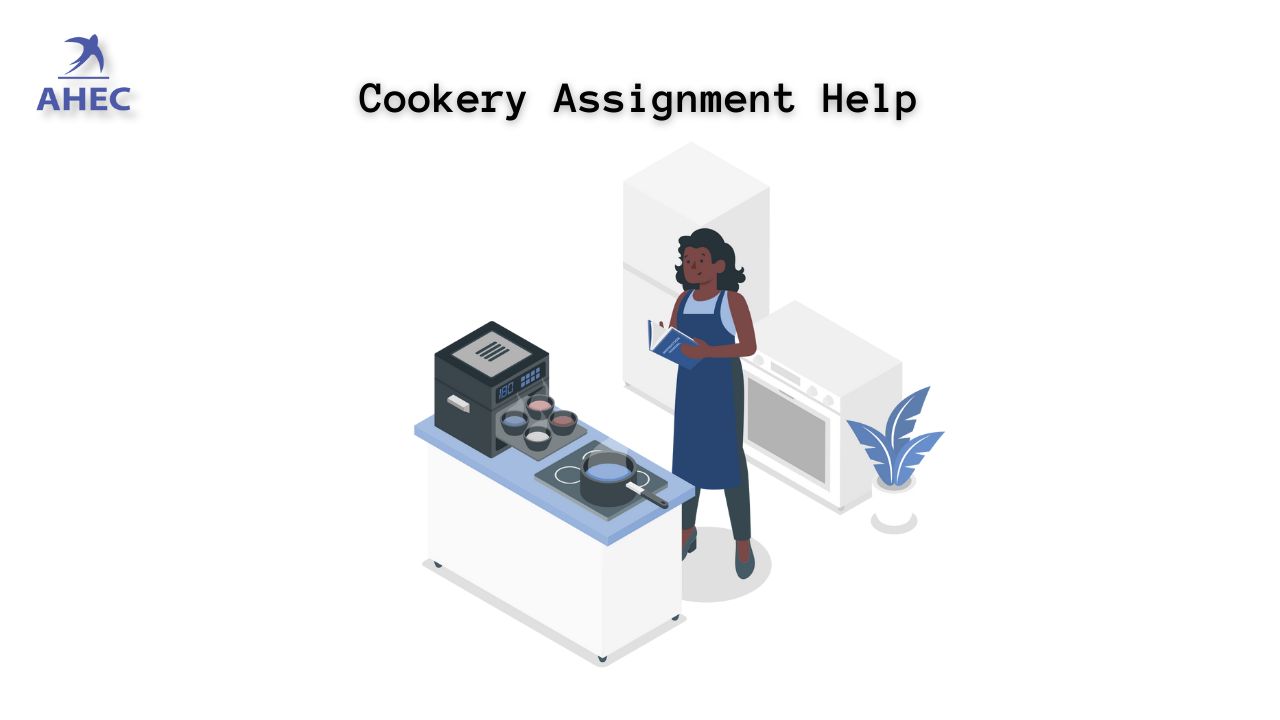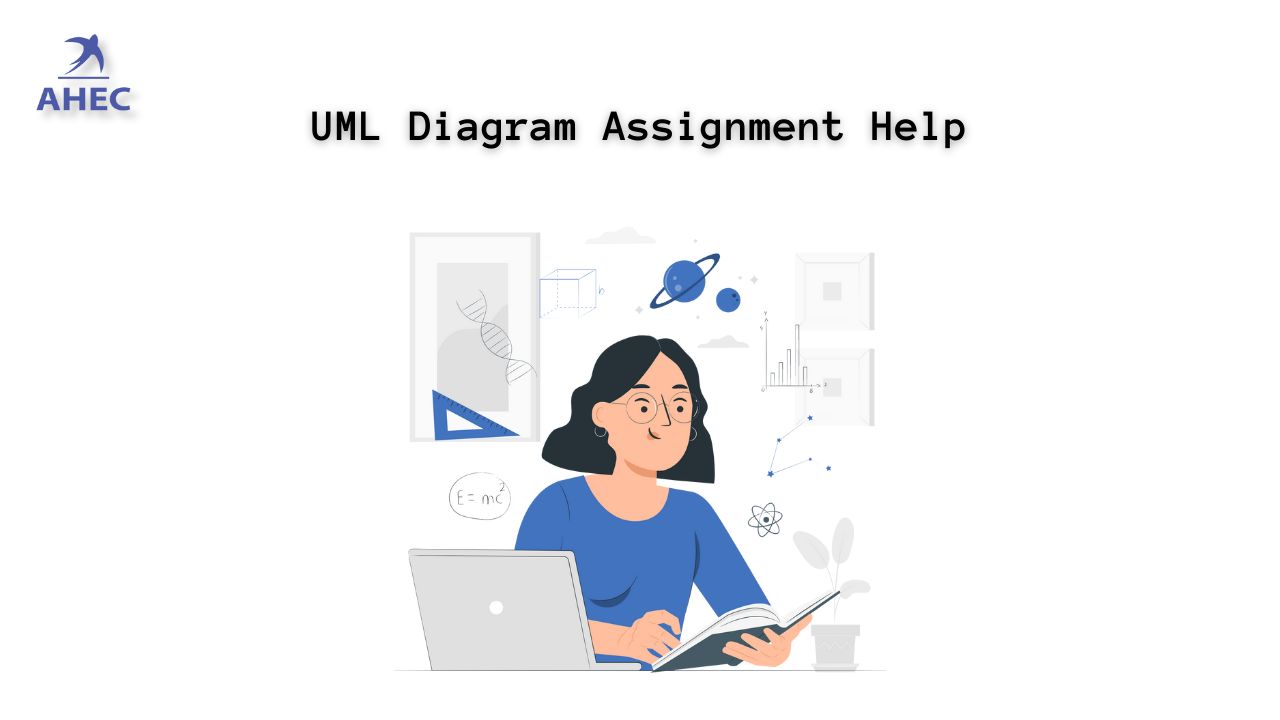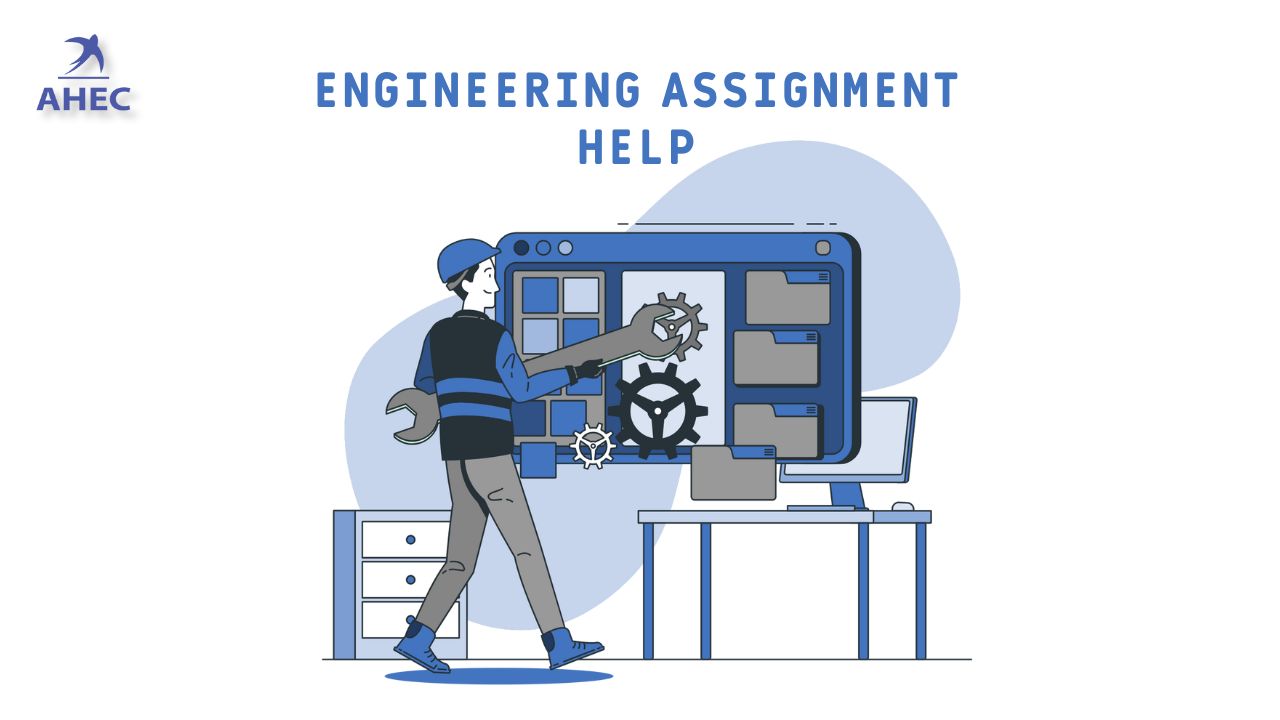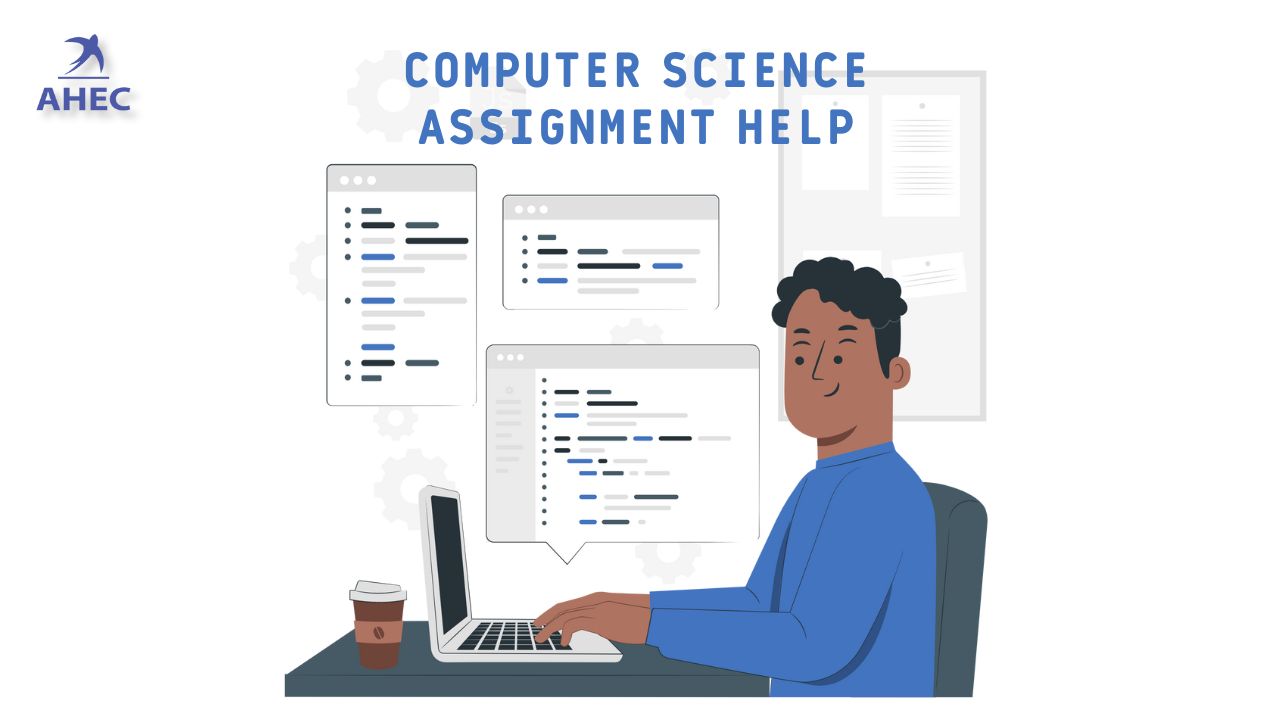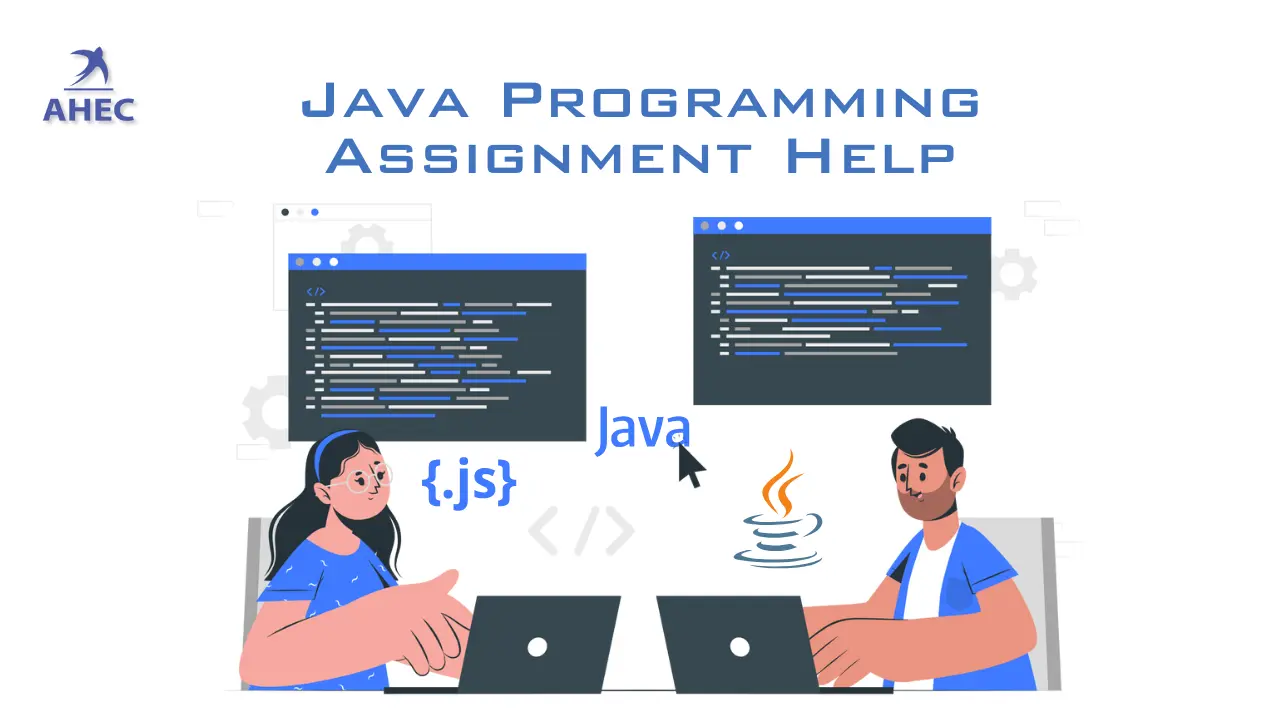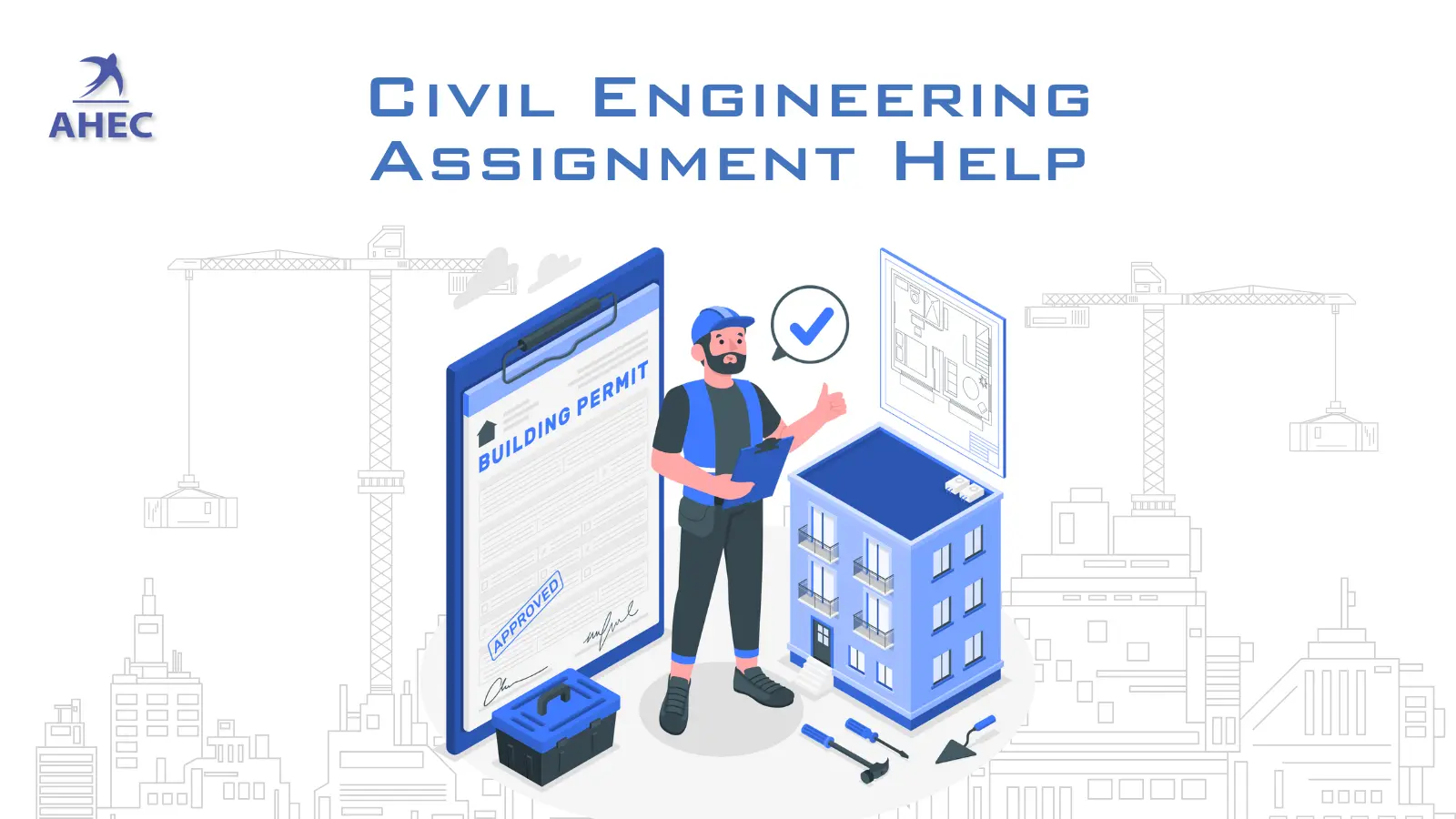Australia is known worldwide for its stunning beaches, majestic creatures large and small, and friendly locals. But it's also famous for its outstanding higher education system.
If you are determined to study in Oz, it is important that you understand the lengthy application process. There will be many examinations, visa applications, and paperwork.
If you're a New Zealander, you can rejoice that you are treated the same as international students in terms of visas (you don't need one) and fees (you pay less than international students).
1. You must meet all requirements.
It's not a good idea to be excited about your new life in Australia and then find out that you aren't eligible. There are many hurdles to clear before you can land in Australia, but we will simplify them for you.
You will likely need many documents, but they can vary from one university to another and even country to country. Make sure you check with your university's admissions team via their websites. Almost all the documents you will need are:
- An up-to-date passport
- A qualification in English language proficiency (if English is not the national language of your country)
- You can show proof of how you will fund your studies
2. Choose a course, then choose your universities
Australian universities adopt the UK system, where you choose your course before you start your studies. However, you can apply for different courses at different universities. You should choose the course or courses you are passionate about as you might not be able to swap them when you get there.
Some states have restrictions on the number of universities that you can apply to, so choose carefully where you wish to study.
3. Decide how you would like to apply.
You have many options when applying to a university in Australia, unlike in the US or UK. You can either apply:
- You can contact the university directly via its website.
- You can apply through a local university
- By an external agent
You are responsible for your own decision. Although it can be expensive to hire an agent, they will help you navigate the process.
Your institution might be able to provide services for students at university or in school. You can also do it yourself and consult our guide.
4. Take the English language test
You will need to pass an English proficiency test if you're from a country where English is not the primary language. The most popular one is the IELTS. The test can be arranged online through their website, but it will cost you around AU$300 (US$230).
Take mock tests online to brush up on your English. Keep proof of your exam results once you've passed them.
5. Send university applications
This decision will have a significant impact on how you approach it. Now that you have decided how and where you want to apply, you can send your applications.
To apply to universities, you will need to contact them directly. Many applicants will need to attach a personal statement similar to the one from the UK to their application.
You can either have it sent to you by your university or agent or both. You will need to provide your qualifications, personal details, and past experiences, as well as other information.
6. Apply for your visa
After you have been accepted at an Australian university, you will need to obtain a visa pass. The Australian immigration website is the best way to apply. You will need to pay AU$550 (US$420) and provide a lot more information about yourself and future plans.
First, make sure you have Australian-accepted insurance that covers your stay. This can be done online.
These are the documents you need to apply for a visa:
- Confirmation of enrollment (CoE).
- Current passport
- Test results for English language proficiency
- Financial proof* that you can finance your studies (enough money for return airfare and tuition costs plus a total of AU$18.610 (US$14.300) per annum)
- Australians accept health insurance.
- Verification of criminal records
*Documents such as bank statements, loan documents, and/or financial histories of your parents should be included.
Visa applications can take up to four weeks to process, so be sure to allow yourself plenty of time. We are sure you don't want your last weeks before you move to be spent worrying about your visa.
Interviews may require you to attend. If this happens, you will be contacted to arrange this. Although it is unlikely that you will be invited for an interview, don't worry if you are. Just make sure to bring all of your documents and your enthusiasm.
7. Start planning your journey.
You have finally received your visa! Now it's time for you to get excited.
You can arrive up until 90 days before the course starts, so book your flights, trains, and/or any other mode of transport to get to Australia safely.
Think about the type of accommodation that you want and then contact the university if necessary.
8. To begin your studies, you will need to arrive in Australia.
It may seem like everything is finished when you arrive in Australia safe and sound, but you still have to go through immigration. All documents should be kept on hand for quick access during arrivals processing. If you follow the procedure, everything should go smoothly. Then you can relax and let your guard down.




















